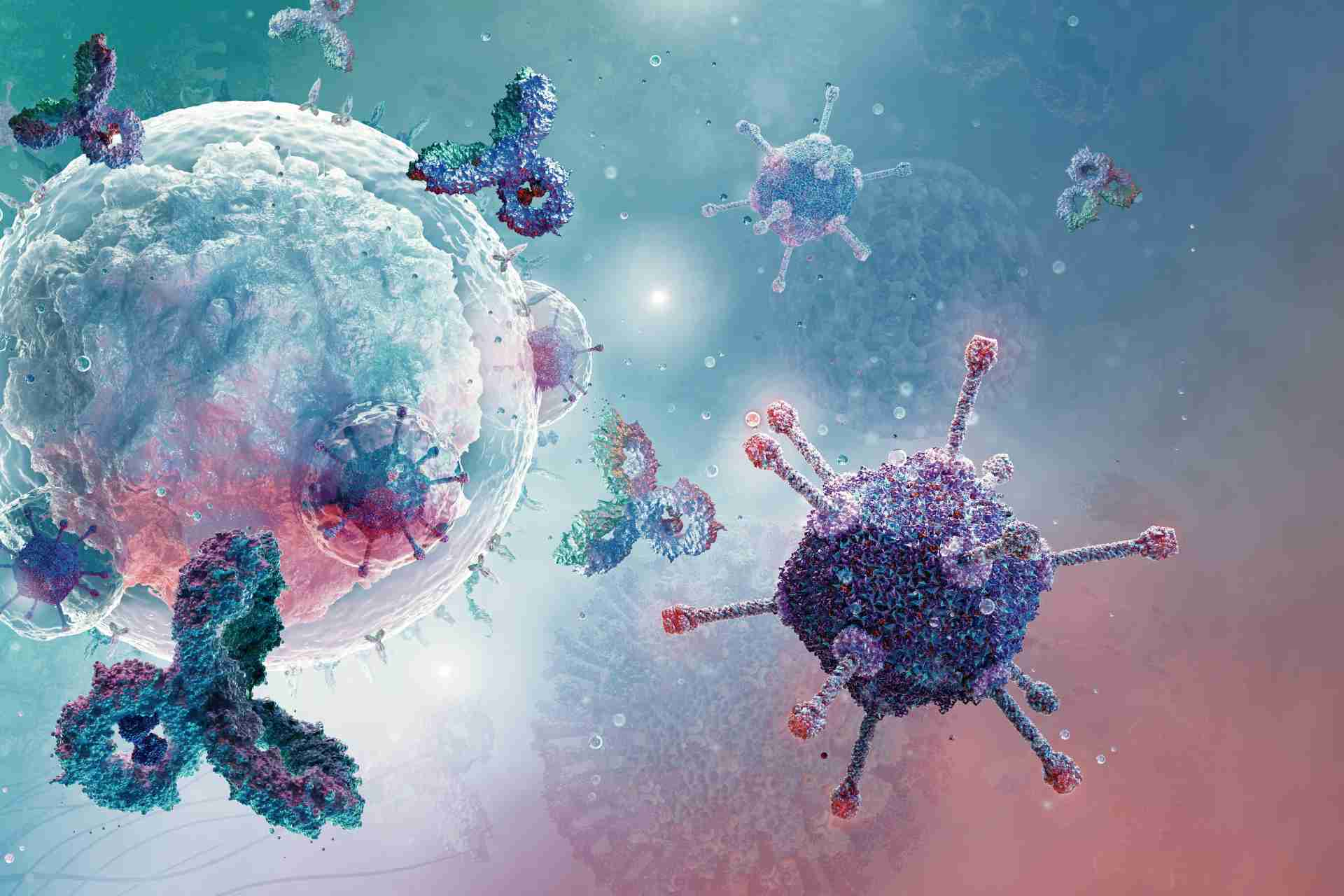What is already known
Vitamin D plays a crucial role in immune modulation and may affect cancer development by reducing cell proliferation, promoting cell death and suppressing tumor growth. Similarly, the gut microbiota can sway a person’s response to anti-cancer treatment, but how gut bacteria help the body to fight cancer remains elusive.
What this research adds
Working in mice, researchers have found that altering vitamin D levels changes the gut microbiota to favor bacteria such as Bacteroides fragilis, which boost the effectiveness of cancer immunotherapy. In humans, low levels of vitamin D are linked to tumor development, while higher vitamin D levels associate with positive responses to immunotherapy.
Conclusions
The findings uncover a link between vitamin D, the immune system and gut bacteria, and they suggest that vitamin D levels could be important for cancer immunity and the efficacy of immunotherapy.
Both the gut microbiota and vitamin D, a fat-soluble molecule that is essential for various body functions, have been implicated in cancer. Now, a study done in mice shows that altering vitamin D levels changes the gut microbiota in ways that boost the effectiveness of cancer treatment.
The findings, published in Science, uncover a link between vitamin D, the immune system and gut bacteria, and they suggest that vitamin D levels could be important for cancer immunity and the efficacy of immunotherapy — a type of cancer treatment that triggers the body’s immune system to fight cancer.
“What we’ve shown here came as a surprise — vitamin D can regulate the gut microbiome to favor a type of bacteria which gives mice better immunity to cancer,” says study senior author Caetano Reis e Sousa at The Francis Crick Institute in London. “This could one day be important for cancer treatment in humans, but we don’t know how and why vitamin D has this effect via the microbiome.”
Previous work has shown that vitamin D plays a crucial role in immune modulation and may affect cancer development by reducing cell proliferation, promoting cell death and suppressing tumor growth. Similarly, the gut microbiota can sway a person’s response to immunotherapy, but how gut bacteria help the body to fight cancer remains elusive.
Reis e Sousa and his colleagues set out to analyze how a diet rich in vitamin D influences responses to immunotherapy in mice.
Boosting immunity
Mice lacking a protein in the blood that binds to vitamin D and its metabolites showed resistance to tumors. Altering vitamin D levels through the diet changed the gut microbiota to favor bacteria such as Bacteroides fragilis, a species of gut bacteria that has been associated with positive effects such as protecting against inflammation and promoting immune system development.
Indeed, mice given a diet high in vitamin D had increased immunity to cancer compared to mice on a standard diet. Animals fed a standard diet supplemented with B. fragilis also showed higher resistance to tumor development, the researchers found. This effect was transferable to other mice through fecal transplantation and required ongoing vitamin D intake.
Further experiments suggested that vitamin D influences the production of certain molecules by intestinal cells, promoting the growth and activity of B. fragilis.
Cancer treatment
To elucidate the link between vitamin D deficiency and cancer risk in humans, the researchers examined a dataset comprising 1.5 million people in Denmark. The analysis revealed a correlation between decreased vitamin D levels and an increased risk of cancer. Cancer patients with higher vitamin D levels were more likely to respond positively to immunotherapy compared to those with lover levels of vitamin D, the researchers also found.
Although the findings suggest that vitamin D levels could be important for cancer immunity and the efficacy of immunotherapy, more work is needed to understand these interactions and to assess the effects of vitamin D supplementation on cancer prevention and treatment.
“A key question we are currently trying to answer is how exactly vitamin D supports a ‘good’ microbiome,” says study lead author Evangelos Giampazolias. “If we can answer this, we might uncover new ways in which the microbiome influences the immune system, potentially offering exciting possibilities in preventing or treating cancer.”









